
"I am so excited to join the Department of Behavioral and Community Health Sciences because of the department's focus on engaging community-based organizations and using a multilevel lens to best understand and address health and health care challenges. I am also incredibly excited about rejoining a school of public health where I will have the opportunity to collaborate with and support students to find their public health passions as they make...

THE ATLANTIC - HPM's Mary Krauland said flu viruses, already a familiar threat to our immune system, spread less easily than SARS-CoV-2, which made them easier to stamp out with masks, physical distancing, school closures and international travel bans, even when adherence was spotty. Cases around the globe plummeted. But "no one expected flu to go away forever," she said.

U.S. NEWS & WORLD REPORT - A new study that examined migraine, menopause and heart disease "confirms that women with a history of migraine are at increased risk for severe hot flashes at midlife," said EPI's Rebecca Thurston, director of the Women's Biobehavioral Health Laboratory and past president of the North American Menopause Society.

WESA-FM - Reaching 50 percent of Latinos was made possible by intentional directed community efforts, according to Diego Chaves-Gnecco (MMPH '00). "We take people on a walk-in basis. We're vaccinating adults without health insurance, without appointments, and in their same language, in Spanish," he said. "We are also not requiring any type of documentation."

The Black Equity Coalition is a partnership between local physicians, public health professionals, government officials and community funders featuring Pitt Public Health's Dara Mendez, Tiffany Gary-Webb, Richard Garland, and Pitt Health Sciences' Noble Maseru.

Thistle Elias was motivated to join the faculty of BCHS once she had the opportunity, as a staff member from another department, to work alongside BCHS faculty on Bridging the Gaps. After seeing their commitment to respectful, thoughtful community-engaged and partnered work, she wanted to study and work alongside them, getting her PhD from the department in 2012 and joining the faculty soon after.
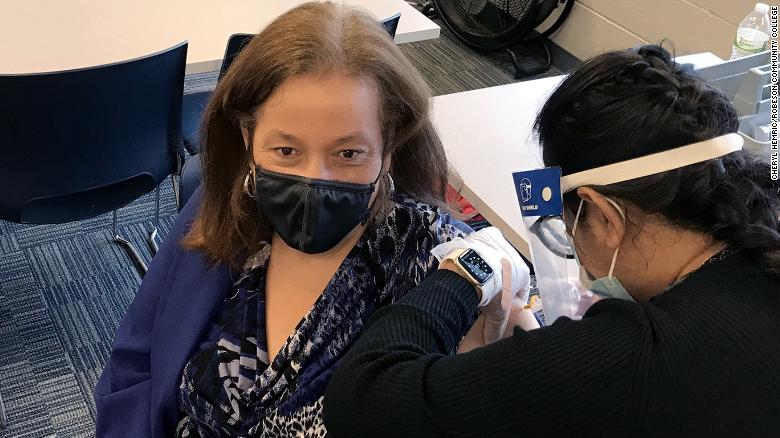
CNN - Since there were relatively few flu cases last year, scientists including HPM's Mary Krauland and Kyu Lee have predicted in a pre-print paper that there will be a "large compensatory" flu season this year. A model based on previous flu seasons projects in the paper that there could be 102,000 additional hospitalizations this upcoming season due to flu illnesses, which corresponds to a 20% increase compared with the average number of hospit...
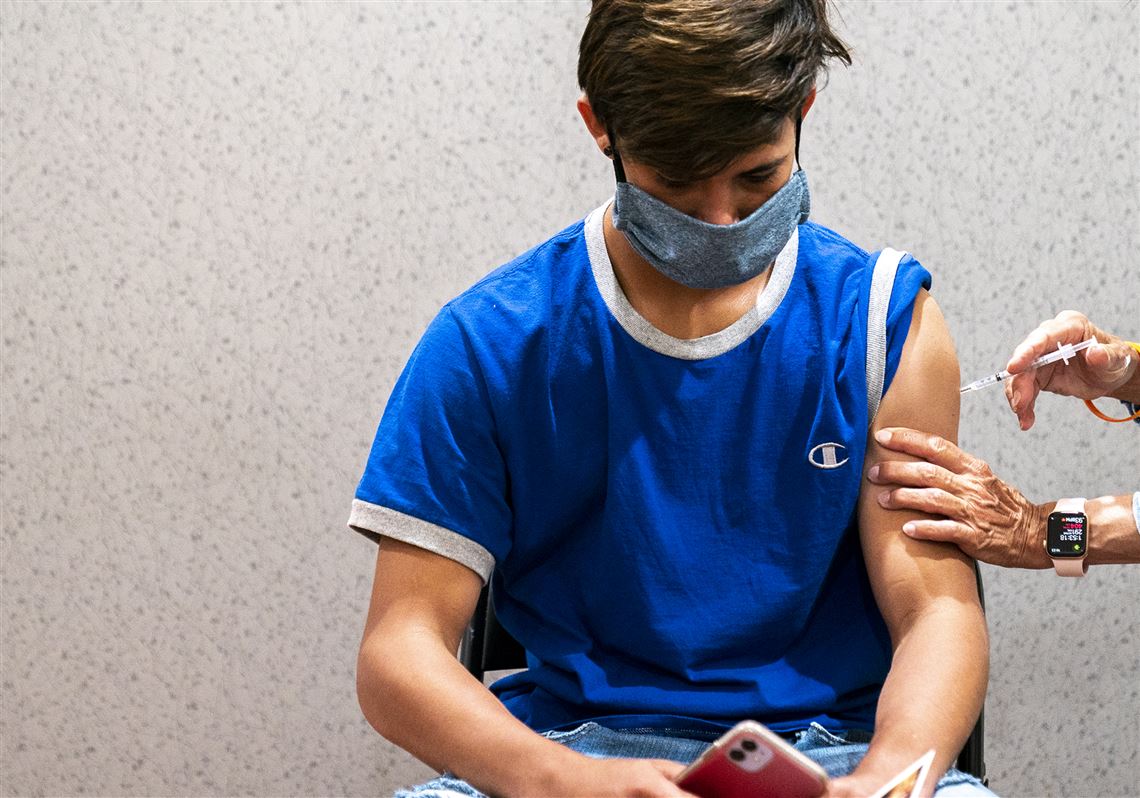
PITTSBURGH POST GAZETTE - The jab also appears to have a slight reduction in effectiveness against the delta variant compared to prior dominant virus strains, said EPI and IDM's Lee Harrison. But it should still protect people from severe disease if they do become infected. "I think what it tells us most clearly is, if we can get the rest of the population vaccinated, it will turn COVID into more of a nuisance than a major cause of hospitalizati...
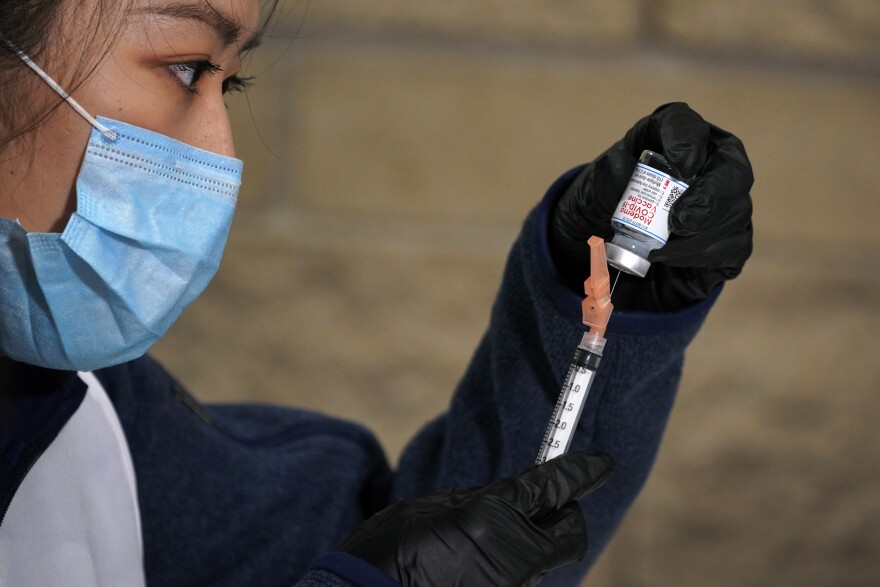
WESA - "There are arguments that say...if they're not willing to get a fully authorized, now-approved vaccine, then they need to bear the brunt of the cost," said HPM's Tina Batra Hershey.

From social stigma to the high prevalence of concurrent chronic diseases, people living with HIV (PLWH) are faced with a multitude of challenges. Two National Institute of Health grants recently awarded to researchers at the University of Pittsburgh Graduate School of Public Health will provide valuable data to better intervene on their behalf.

CNN - "It could be either childhood sexual abuse or adult sexual assault," said study author EPI’s Rebecca Thurston, director of the Women's Biobehavioral Health Laboratory. "Based upon population data, most women have their sexual assaults when they are in early adolescence and early adulthood," she added, "so these are likely early experiences that we're seeing the marks of later in life."

WIRED - A summer of floods means mold and fungi are to follow. Yet we lack proper surveillance systems for mold infections and that leads to a data gap that increases the burden of these infections, particularly on marginalized groups. “We cannot isolate the impact of a natural disaster from historic burdens of health disparities, whether they are in the Gulf Coast or in the Caribbean or in New Jersey,” says Dean Maureen Lichtveld.

UPMC - Mark Sevco (HPM '91) will assume the role of president, UPMC Hospitals, comprised of 40 academic, community and specialty hospitals and co-lead the Health Services Division. Sevco currently is president, UPMC Children's Hospital of Pittsburgh, which is nationally ranked as a top-ten pediatric hospital by U.S. News. He has served UPMC for 30 years in various capacities including chief operating officer of UPMC Pinnacle, president UPMC East...

Noelle Cornelio (HPM '22) was awarded a Health Services Research Dissertation R36 grant from AHRQ to support her dissertation project, "Impact of Medicaid Policies on Low-Income Medicare Beneficiaries: Evidence from State Reforms." Approximately 12 million low-income Medicare beneficiaries are dually enrolled in Medicaid, and this research will help inform policy by providing insights into the effects of changing Medicaid eligibility rules on en...
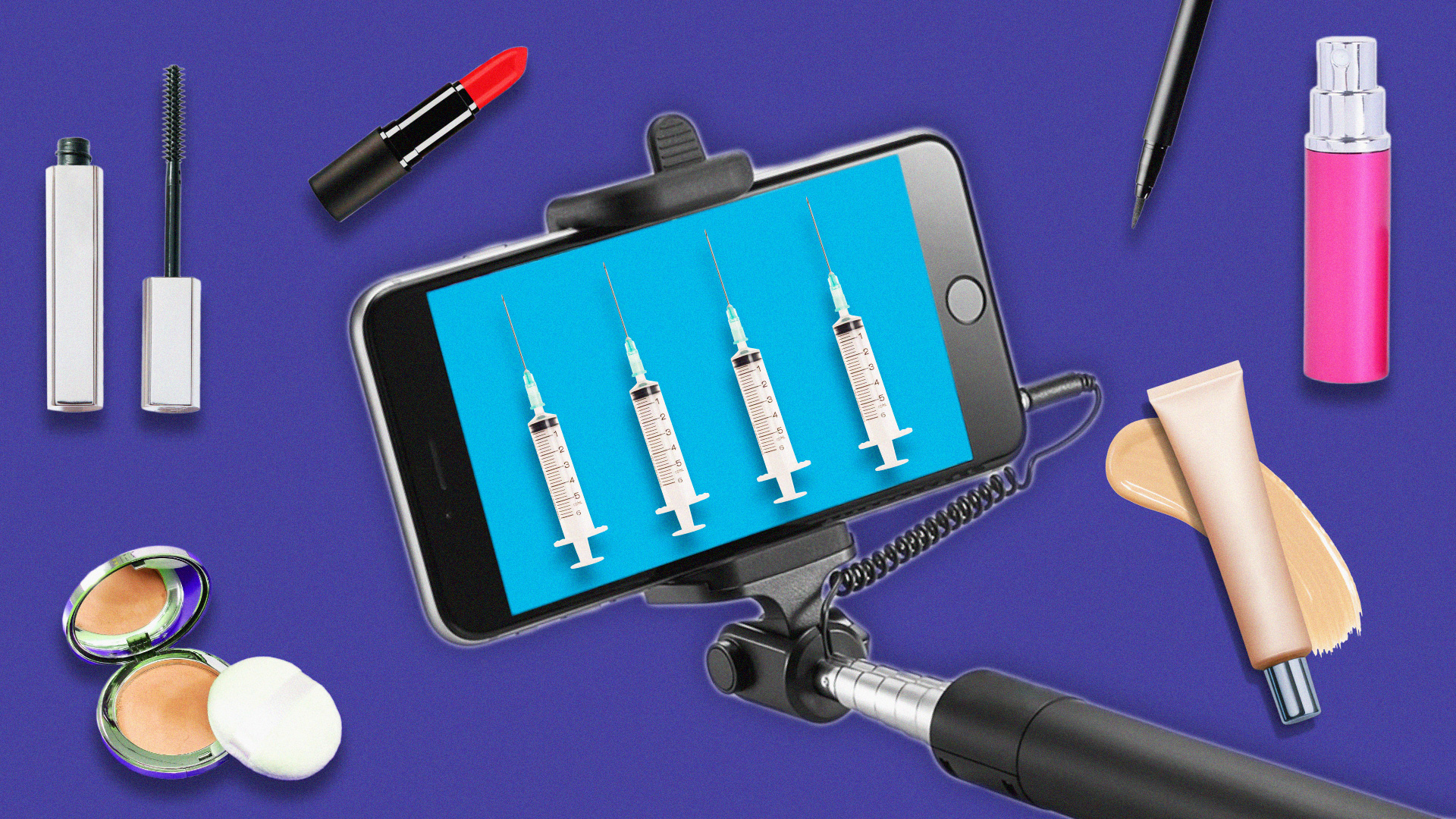
CODA - Beth Hoffman (BCHS '19, ‘22) said public health institutions should be thinking more about how to harness local influencers. She pointed to a June 2021 study by researchers with the Public Good Projects, a U.S.-based public health nonprofit, analyzing the success of a micro-influencer campaign promoting the flu shot flor Black and Latino U.S. residents during influenza seasons.

NPR - When laws changed around advertising prescription drugs to consumers in 1997, HPM Chair Julie Donohue was among those interested in studying the effects. “I was just fascinated by the rise of this new kind of promotion and the debate that ensued about whether or not it was appropriate. I think it’s clear that we are using more medicine because of direct to consumer advertising and in fact that’s what it’s designed to do.”

HPM’s Marian Jarlenski and EPI’s Dara Mendez were recently awarded a grant from the Robert Wood Johnson Foundation for their project “Evaluating interventions in Pennsylvania’s Medicaid program to promote equity in pregnancy and child health for Black and Native populations.” They’ll draw on established partnerships to collect and evaluate data and incorporate community-based approaches to research, intervention development, and advocacy.

NEJM - HPM's Eric Roberts and a colleague present this Policy makers are beginning to test new payment models that establish budgets for rural health care providers. By implementing a fixed payment or setting a spending benchmark for health care organizations, budgets are intended to promote efficient care delivery. Rural health care systems have historically had little exposure to budget-based payment models. The emerging interest in health car...

JAMA NETWORK - While the 2020 National Youth Tobacco Survey reported a decline in youth e-cigarette use, the use of disposable e-cigarettes has increased for children. This Viewpoint summarizes recent efforts by the FDA and state lawmakers to address the youth e-cigarette epidemic and offers a framework to further guide these efforts.
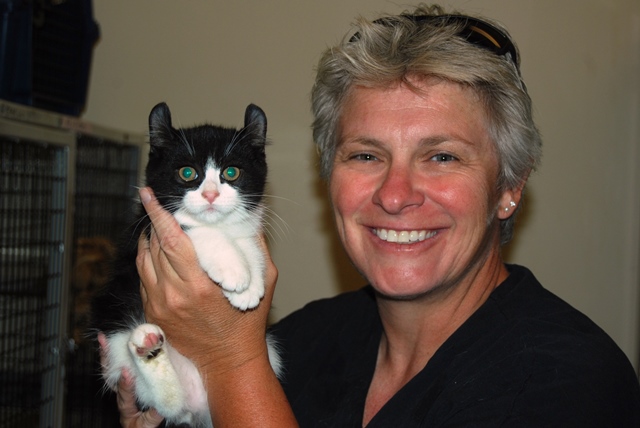
GEN - Leslie Lyons (HUGEN ‘91, '87), professor of comparative medicine at the College of Veterinary Medicine, University of Missouri, emphasizes the importance of using the right model for studying a disease. When one thinks of the most popular and useful animal models in biomedical research, one thinks of mice and rats, followed by rabbits, dogs, monkeys, and so on.